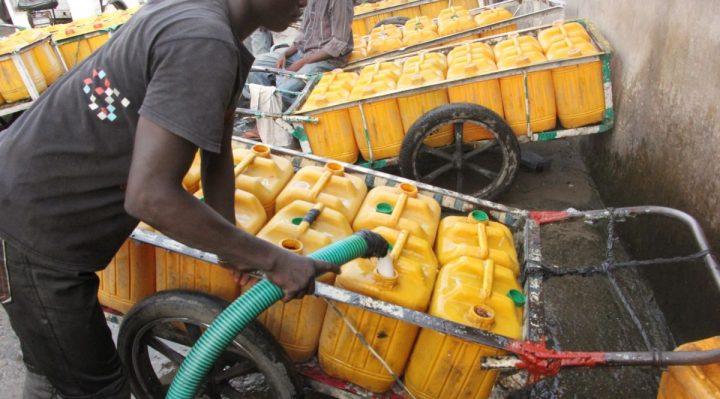As noted by Peter Drucker in his book, Innovation and entrepreneurship (Harper Business1985), the greatest business breakthroughs take place as the result of “either the unexpected success or the unexpected failure.” He explains that when something unusual or unexpected happens in any field, the average person dismisses it as a random event or as an accident. The superior person, however, studies each unexpected result as if it were a sign of an underlying trend or an indication of a fundamental change in the nature of things.
Likewise, Lagosians with critical minds are taking mental notes of creative provision of people-focused leadership by the Babajide Sanwoolu administration. More pronounced of such efforts are in the areas of infrastructural deployment, security among others. They are studying each of these unexpected but positive results that have dotted the present administration in the state.
One of such example is the recent inauguration of 1.4km dual carriageway Flyover Bridge in Pen Cinema Junction, Agege. Lagosians are in agreement that the presence of the flyover will reduce travel time and save man-hour that would have been otherwise lost to traffic on the road; provide better riding surface, leading to reduced maintenance cost; boost inter connectivity and generally make life more meaningful to commuters in the state.
There is progress in the state and Sanwoolu’s scorecard looks healthy.
This concern has to do with, and focuses on months of prostrated inability by the Lagos State Water Corporation to providing portable water for the resident of Alapere/Ketu areas of the state.
Making the situation a reality to worry about is that the water scarcity which started one morning has suddenly strolled into months. And have exposed residents to daily search for Water in sources that their level of hygiene could neither be ascertained nor guaranteed.
This is not the only apprehension.
Qualifying the situation as a predicament is the awareness that residents of the area with private boreholes who would have helped ameliorate this suffering are daily frustrated by the poor electricity supply in the area needed to operate the borehole. No thanks to the Electricity distribution Company operating in the location.
First, apart from the fact that Lagos state with its maga city status ought to have out grown a city where resident will in this 21st century, rely on private water vendors for their daily water needs while those that have no resources to engage these vendors are forced to the derogatory level of scooping water from gutters.
And, as we know, contaminated water and poor sanitation are linked to transmission of diseases such as cholera, diarrhoea, dysentery, hepatitis A, typhoid, and polio. Absent, inadequate, or inappropriately managed water and sanitation services expose individuals to preventable health risks.
Going by the Resolution A/RES/64/292, United Nations General Assembly, July 2010 and General Comment No. 15, UN Committee on Economic, Social and Cultural Rights, November 2002, the Human Right to Water and Sanitation is a principle that acknowledges that clean drinking water and sanitation are essential to every person’s life. It was recognized as a human right by the United Nations General Assembly on 28 July 2010.
Talking about acceptability, Water should be of an acceptable colour, odour and taste for each personal or domestic use. [All water facilities and services must be culturally appropriate and sensitive to gender, lifecycle and privacy requirements.
Everyone has the right to a water and sanitation service that is physically accessible within, or in the immediate vicinity of the household, educational institution, workplace or health institution. According to WHO, the water source has to be within 1,000 metres of the home and collection time should not exceed 30 minutes.
Finally, while the present water scarcity in the areas remains a sin that the Lagos State Water Corporation, must share from its guilt; it will be necessary as genius, for Mr.Babajide Sanwoolu to among other things ask the people in charge; ‘Why does this situation exist? How did it happen? What caused it? When did it first occur? What holds them back from achieving such a solution? What are the different ways that we could solve this problem? Of all the different ways, which solution seems to be the most acceptable, all things considered?’

